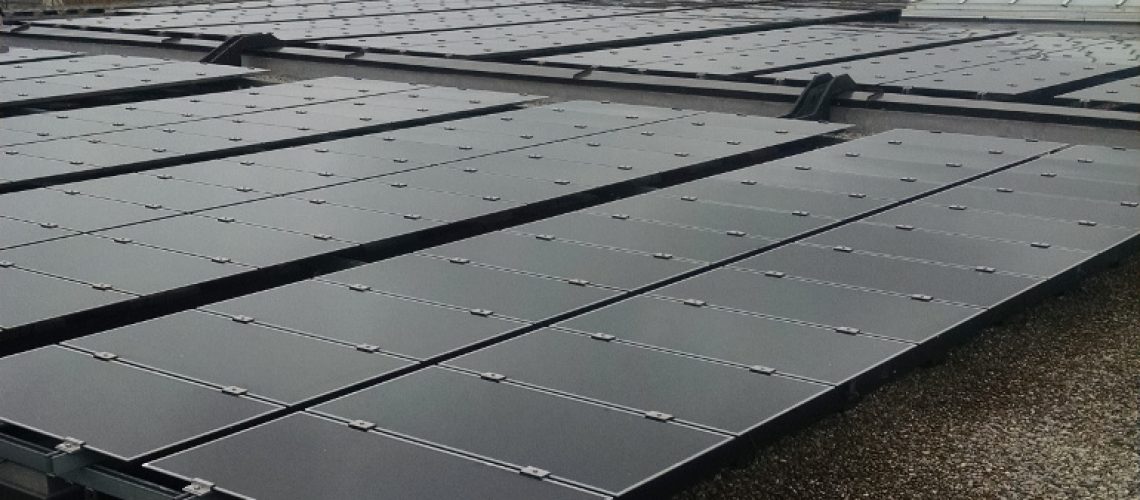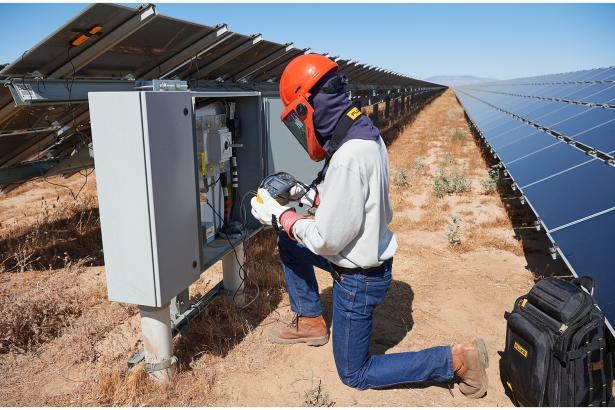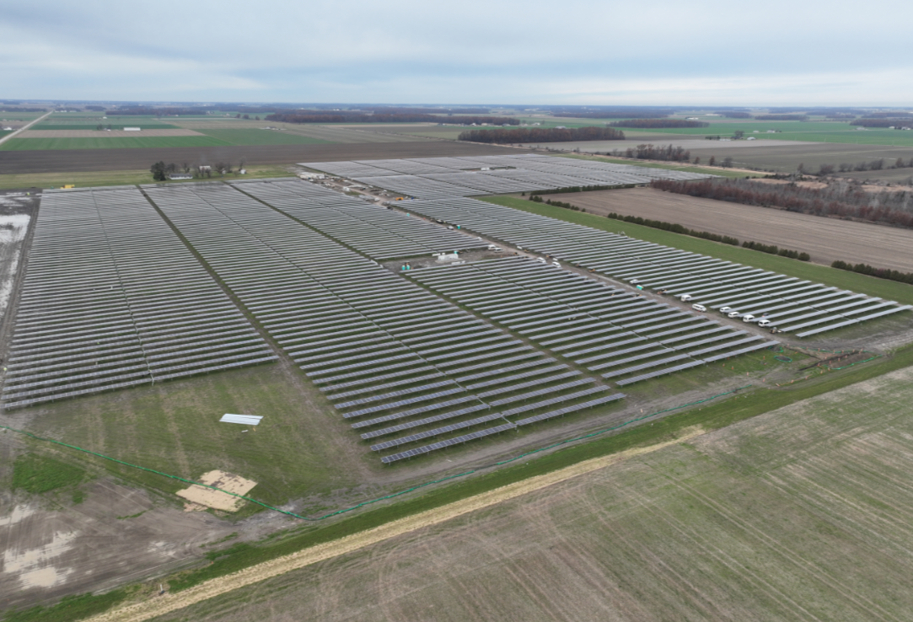The U.S. Department of Energy has launched the Cadmium Telluride Accelerator Consortium — a $20 million initiative designed to make cadmium telluride (CdTe) solar cells less expensive, more efficient and develop new markets for solar cell products. The new consortium was announced in Northwest Ohio, home to CdTe powerhouse First Solar and newer entrant Toledo Solar.
“As solar continues its reign as one of the cheapest forms of energy powering our homes and businesses, we are committed to a solar future that is built by American workers,” said U.S. Secretary of Energy Jennifer M. Granholm. “DOE is proud to partner with leading solar researchers and companies to chart the future of CdTe technology, which presents an immense opportunity for domestic manufacturers to help ensure our nation’s security while providing family-sustaining jobs.”
“To move America forward, we need an all-of-the-above strategy that propels our energy independence, lowers costs, and creates good-paying jobs. Northern Ohio has already revolutionized the field of solar technology,” said U.S. Representative Marcy Kaptur (OH-09). “Now, through this remarkable partnership between the U.S. Department of Energy, the University of Toledo, and First Solar – our region will become a hub of next-generation energy innovation that is built right here at home by Ohio’s workers.”
The new Cadmium Telluride Accelerator Consortium will work on continued cost and efficiency improvements that will make CdTe cheaper and more efficient, and more competitive on the global market. To achieve these goals, the team has a broad research plan that includes CdTe doping strategies, characterizing and exploring new CdTe contacting materials, and work to enable a bifacial CdTe module that absorbs light from the front and back of the module. DOE’s National Renewable Energy Laboratory (NREL) will administer the consortium, whose leaders were chosen through a competitive solicitation NREL released last year. The consortium will be led by the University of Toledo, First Solar, Colorado State University, Toledo Solar and Sivananthan Laboratories.
NREL will serve as a resource, support, and technical analysis center as the consortium develops a technology roadmap, conducts research to meet targets set within the roadmap, and regularly assesses the domestic CdTe supply chain for challenges and opportunities. The consortium aims to expand domestic CdTe photovoltaic material and module production, support the domestic CdTe supply chain, and enhance U.S. competitiveness.
DOE’s Solar Photovoltaics Supply Chain Review Report identified CdTe as an opportunity for expanding domestic production of solar panels, up to the limit that CdTe material availability allows, with little risk of being overtaken by low-cost foreign competition.
The FY22 Solar Manufacturing Incubator funding opportunity, announced last month, will support projects that ready new technologies and manufacturing processes for commercialization and demonstrate solutions that can boost domestic manufacturing of thin-film photovoltaics made from CdTe.
News item from DOE





